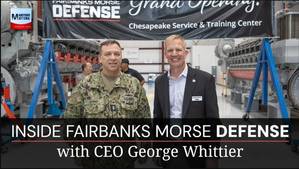CAMM: A Call for Papers
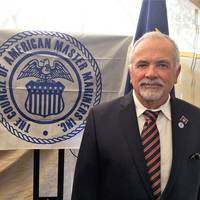
The Council of American Master Mariners is holding its annual Professional Development Conference. CAMM has issued "a call for papers."The event takes place on 25 April 2019. Details to follow:Where: Island Palms Hotel & Marina, 2051 Shelter Island Drive in San Diego, California 92106 United StatesTheme: Who is Really in Command of the Ship?Benefits for Presenters: Presenters get one night free with meals on day of Conference. Ten minutes from San Diego Airport.For more Details…
Op/Ed: Shiphandlers Beware
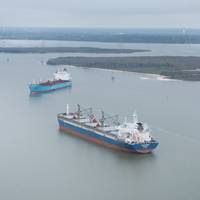
Was the closing of the Houston Ship Channel for over three days in March 2015 due to the use of Ultra Low Sulphur Fuel Oil (ULSFO)? After reviewing the testimony, and evidentiary material presented by the National Transportation Safety Board (NTSB) regarding the 2015 Conti Peridot’s collision with the Carla Maersk, it is the authors' opinion the report fails to address significant contributing factors. The NTSB has overlooked a serious threat to vessel operations throughout the world.
Preventing Loss of Propulsion After Fuel Switch to Low Sulfur Distillate Fuel
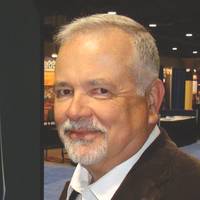
The International Convention for the Prevention of Pollution from Ships (MARPOL) ANNEX VI Regulation 14 requires ships with Marine Compression-Ignition Engines at or Above 30 Liters per Cylinder use fuel with sulfur content less than 0.1%, after 01 January 2015 within the Baltic Sea area – as defined in Annex I of MARPOL, North Sea area – as defined in Annex V of MARPOL; within 200 miles of the North American area and when operating in the United States Caribbean Sea area – as defined in Appendix VII of Annex VI of MARPOL.
USCG Credentialing and Mariner Medical Evaluations
MarineNews contributor (Captain) Jeff Cowan handicaps the current system of medical evaluations and credentialing by the U.S. Coast Guard. It’s not all smooth sailing. “While the U.S. Coast Guard regrets any hardship merchant mariners may experience to maintain their credentials, we must maintain the safety of the Marine Transportation System through a comprehensive MMC (Merchant Marine Credential) evaluation process. This allows the U.S. The U.S. Coast Guard issued these words in response to a query made by a congressional representative on behalf of a prospective mariner regarding incorrect Medical Credential date of expiration after three weeks of no response from the National Mariner Center (NMC) in Martinsburg, WV.
Safe Operations, Proven Results
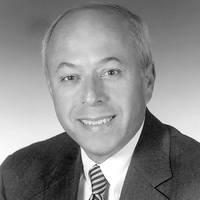
The recent editorial (MarineNews February edition) by Jeff Cowan entitled “The Articulated Tug Barge (ATB) Quandary” raised more than a few eyebrows here at the American Waterways Operators (AWO) and among AWO members who operate ATBs. Mr. Cowan has it backwards: far from being unsafe, ATBs in fact represent a significant advancement in safety in the coastal tugboat and barge industry and have a long history of safe operation. Mr. Cowan’s piece also contained several factual errors…
The Articulated Tug Barge (ATB) Quandary

Inconsistent Rules Create Uneven Application of Standards. (Captain) Jeff Cowan explores the how and why of the safety gap that comes as a direct result. Oil tankers and cargo vessels face a number of oil spill prevention regulations especially along the U.S. coast. Surprisingly, many of the regulations governing T-2 and T-3 sized tankers which carry between 120,000 and 146,000 barrels of oil do not apply to the new Articulated Tug Barges (ATBs) that may carry as much if not more (400,000+ barrels).
North American ECA – Today
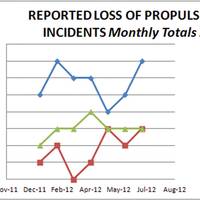
On August 1, 2012, the North American Emissions Control Area (NAECA) took effect, mandating the use of 1.0% sulfur Heavy Fuel Oil (HFO) or residual fuel oil for ships within 200 miles of the continent of North America. California has mandated the use of distillate fuel when ships are within 24 miles of its coastline since July 1, 2009. Lessons learned from California’s experience with distillate fuels may benefit operators as the next phase of NAECA comes into effect (January 1…


